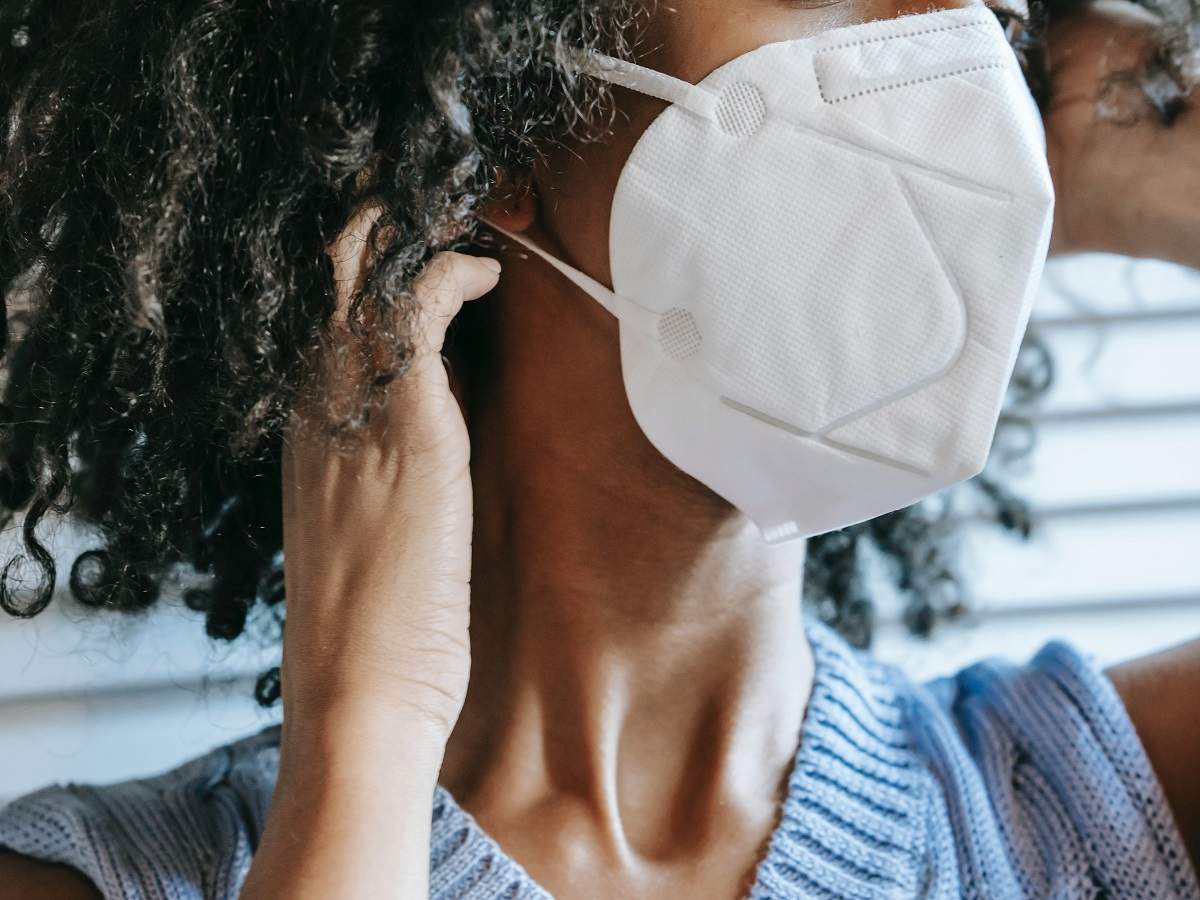
BENGALURU: India’s two largest e-tailers Amazon and Walmart-owned Flipkart are scrambling to minimise the effect of Covid-19 on the supply chains for two of their largest categories — smartphones and large appliances. These account for about half of their sales, four people aware of the matter said. The virus would start affecting availability of consumer goods on these platforms by mid-April, and might even lead to an increase in prices, the sources added.
Both Flipkart and Amazon, through their private labels like MarQ, AmazonBasics and Solimo, also sell large appliances here that are in high demand at the onset of summer. The e-tailers rely heavily on China for manufacturing. Now smartphone launches slated later in the summer are predicted to be delayed.
Another cause of concern is the fact that many of the established large appliance brands are from South Korea, which is one of the worst affected countries outside China. These companies are now trying to tap new markets to plug the supply delay from China, while asking sellers to supply goods for their own private labels instead of selling them as a third-party brand.
“We are tapping into California, and gradually within India to source goods. For mobile accessories, the price difference is about 25% higher compared to China,” a seller who sources goods from China said. He supplies to both Amazon and Flipkart, and added that the platforms are now asking him to sell most of his inventory as they look to increase reserves. “The idea is to stock as much as possible for these brands in advance (to brace for the dip in supply),” he added. The impact is likely to be felt beyond just horizontal companies selling discretionary items. Bigbasket CEO Hari Menon said he has started sourcing home and kitchen goods from within India at a higher cost.
While e-tailers are yet to pass on the higher cost of products to consumers, goods reaching India will take longer, triggering limited availability. Typically, it takes around 20 days for goods to come from China, depending on the location of these factories. “It can take as much as a month or even longer, provided factories start re-opening, which is also doubtful,” the person mentioned earlier said.
“For Amazon, the problem is not just about India as almost 50% of their sellers are from China. At some point in time, Walmart will also feel it (the problem). As of now, companies are not in a position to pass on the increased cost to consumers because they are thinking many times before spending online,” said Satish Meena, senior forecast analyst at market research firm Forrester.
Both Flipkart and Amazon said they are tracking developments related to the virus. Amazon said it is taking appropriate steps as needed, while Flipkart said it is in touch with its seller partners. “But we have not yet started seeing any major impact at this moment,” a Flipkart spokesperson added.
Another person said a clearer picture would emerge by next month. “As of now, there is enough inventory. But, given the fast expansion of the virus outside China now, a lot of payments and agreements between manufacturers and buyers would get stuck, take longer to materialise, and that would adversely impact pricing for private labels,” said a senior executive at an e-commerce firm. He highlighted how AmazonBasics had aggressively forayed into selling ACs, refrigerators last year in India.
Both Flipkart and Amazon, through their private labels like MarQ, AmazonBasics and Solimo, also sell large appliances here that are in high demand at the onset of summer. The e-tailers rely heavily on China for manufacturing. Now smartphone launches slated later in the summer are predicted to be delayed.
Another cause of concern is the fact that many of the established large appliance brands are from South Korea, which is one of the worst affected countries outside China. These companies are now trying to tap new markets to plug the supply delay from China, while asking sellers to supply goods for their own private labels instead of selling them as a third-party brand.
“We are tapping into California, and gradually within India to source goods. For mobile accessories, the price difference is about 25% higher compared to China,” a seller who sources goods from China said. He supplies to both Amazon and Flipkart, and added that the platforms are now asking him to sell most of his inventory as they look to increase reserves. “The idea is to stock as much as possible for these brands in advance (to brace for the dip in supply),” he added. The impact is likely to be felt beyond just horizontal companies selling discretionary items. Bigbasket CEO Hari Menon said he has started sourcing home and kitchen goods from within India at a higher cost.
While e-tailers are yet to pass on the higher cost of products to consumers, goods reaching India will take longer, triggering limited availability. Typically, it takes around 20 days for goods to come from China, depending on the location of these factories. “It can take as much as a month or even longer, provided factories start re-opening, which is also doubtful,” the person mentioned earlier said.
“For Amazon, the problem is not just about India as almost 50% of their sellers are from China. At some point in time, Walmart will also feel it (the problem). As of now, companies are not in a position to pass on the increased cost to consumers because they are thinking many times before spending online,” said Satish Meena, senior forecast analyst at market research firm Forrester.
Both Flipkart and Amazon said they are tracking developments related to the virus. Amazon said it is taking appropriate steps as needed, while Flipkart said it is in touch with its seller partners. “But we have not yet started seeing any major impact at this moment,” a Flipkart spokesperson added.
Another person said a clearer picture would emerge by next month. “As of now, there is enough inventory. But, given the fast expansion of the virus outside China now, a lot of payments and agreements between manufacturers and buyers would get stuck, take longer to materialise, and that would adversely impact pricing for private labels,” said a senior executive at an e-commerce firm. He highlighted how AmazonBasics had aggressively forayed into selling ACs, refrigerators last year in India.
Download The Times of India News App for Latest Business News.
more from times of india business
Business News
LATEST VIDEOS
More from TOI
Navbharat Times
Featured Today in Travel
Quick Links
ELSS Mutual Funds BenefitsIncome Tax Refund statusWhat is AssochamITR Filing Last DateHome Loan EMI TipsHome Loan Repayment TipsPradhan Mantri Awas YojanaTop UP Loan FeaturesIncrease Home Loan EligibilityHome Loan on PFTax Saving Fixed DepositLink Aadhaar with ITRAtal Pension YojanaNita AmbaniIndian EconomyRBIAadhaar CardSBIReliance CommunicationsMukesh AmbaniIndian Bank Ifsc codeIDBI Ifsc codeIndusind ifsc codeYes Bank Ifsc CodeVijay Bank Ifsc codeSyndicate bank Ifsc CodePNB Ifsc codeOBC Ifsc codeKarur vysya bank ifscIOB Ifsc codeICICI Ifsc codeHDFC Bank ifsc codeCanara Bank Ifsc codeBank of baroda ifscBank of America IFSC CodeBOM IFSC CodeAndhra Bank IFSC CodeAxis Bank Ifsc CodeSBI IFSC CodeGST
Get the app







